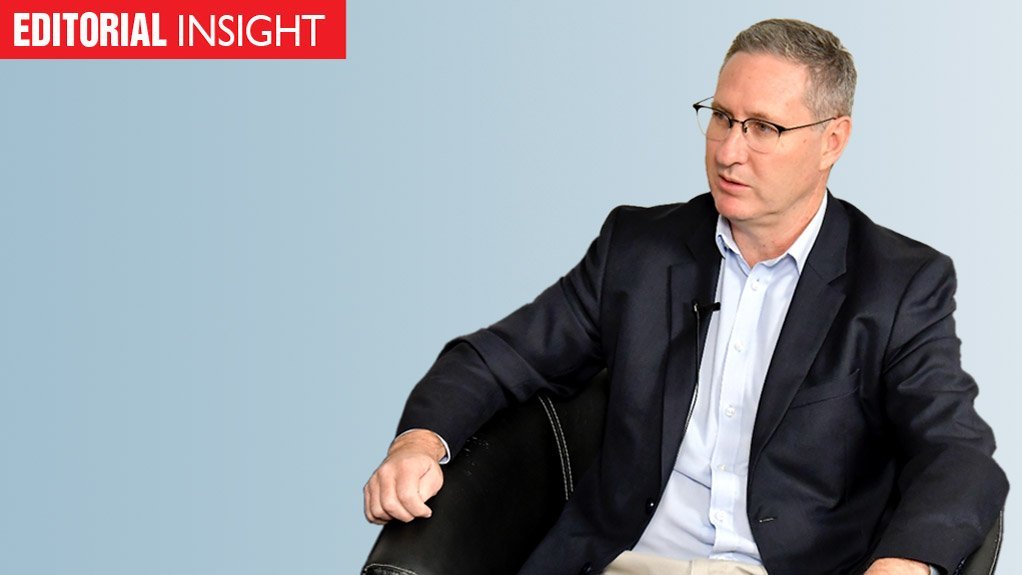The perils associated with assigning shareholder responsibilities for State-owned enterprises (SOEs) that previously fell under the Department of Public Enterprises to line ministries can no longer be ignored.
While it is not unusual for SOEs to fall under line ministries, there are good reasons for separating shareholder and policy responsibilities for entities such as Eskom and Transnet.
It is not only international best practice, but it frees up the Energy and Transport Ministers to craft and implement policies motivated primarily by what’s in the best interests of South Africa, and not the narrow commercial interests of the SOEs.
Such a firewall is doubly crucial when seeking to navigate once-in-a-generation disruptions to the underlying sectors, as is the case currently in the electricity supply industry.
While the official position has been that these conflicts of interest will be remedied through the creation of a SOE holding company structure, such a structure will take time to emerge, and may never materialise, given the political obstacles to its creation.
Already, the warned-of contradictions are beginning to arise, particularly in the electricity sector.
In a presentation made to the Portfolio Committee on Electricity and Energy on February 20, officials from the Department of Mineral Resources and Energy provided a glimpse into some of these conflicts.
Despite making the presentation only a month and a bit after the Electricity Regulation Amendment Act came into force, the priorities outlined for the coming five years chafed against the far-reaching changes that the legislation envisages, including in the area of shepherding in a competitive generation market.
The officials confirmed that defending and expanding Eskom’s share of generation capacity has been set as a strategic priority.
This priority has been translated into the ministry’s programme by not only assuming that Eskom will play a far larger role in renewable energy, but also potentially extending the life of the Eskom power stations from 50 years to 60 years, while reserving 3 000 MW of gas-to-power for the State-owned utility.
Much of this defence and expansion is likely to be hard-wired into the upcoming Integrated Resource Plan, which is currently wending its way through the socialisation processes facilitated by the National Economic Development and Labour Council.
So, what could go wrong?
For one, Eskom has not covered itself in glory with its recent build programme, which has been notoriously prone to corruption, is associated with massive budget overruns, and is so far behind schedule that loadshedding was left as the only remaining tool for sustaining system balance.
There is also no guarantee that the recent improvement in the coal fleet’s performance can be extended to 2042, with the shock return of Stage 6 loadshedding on February 23 yet again demonstrating the dangers.
Finally, there is a risk of building another set of politically-driven power plants that could become stranded assets in the medium term and, in the short term, crowd out the crucial investments required to expand and modernise the wires businesses.
EMAIL THIS ARTICLE SAVE THIS ARTICLE ARTICLE ENQUIRY FEEDBACK
To subscribe email subscriptions@creamermedia.co.za or click here
To advertise email advertising@creamermedia.co.za or click here











